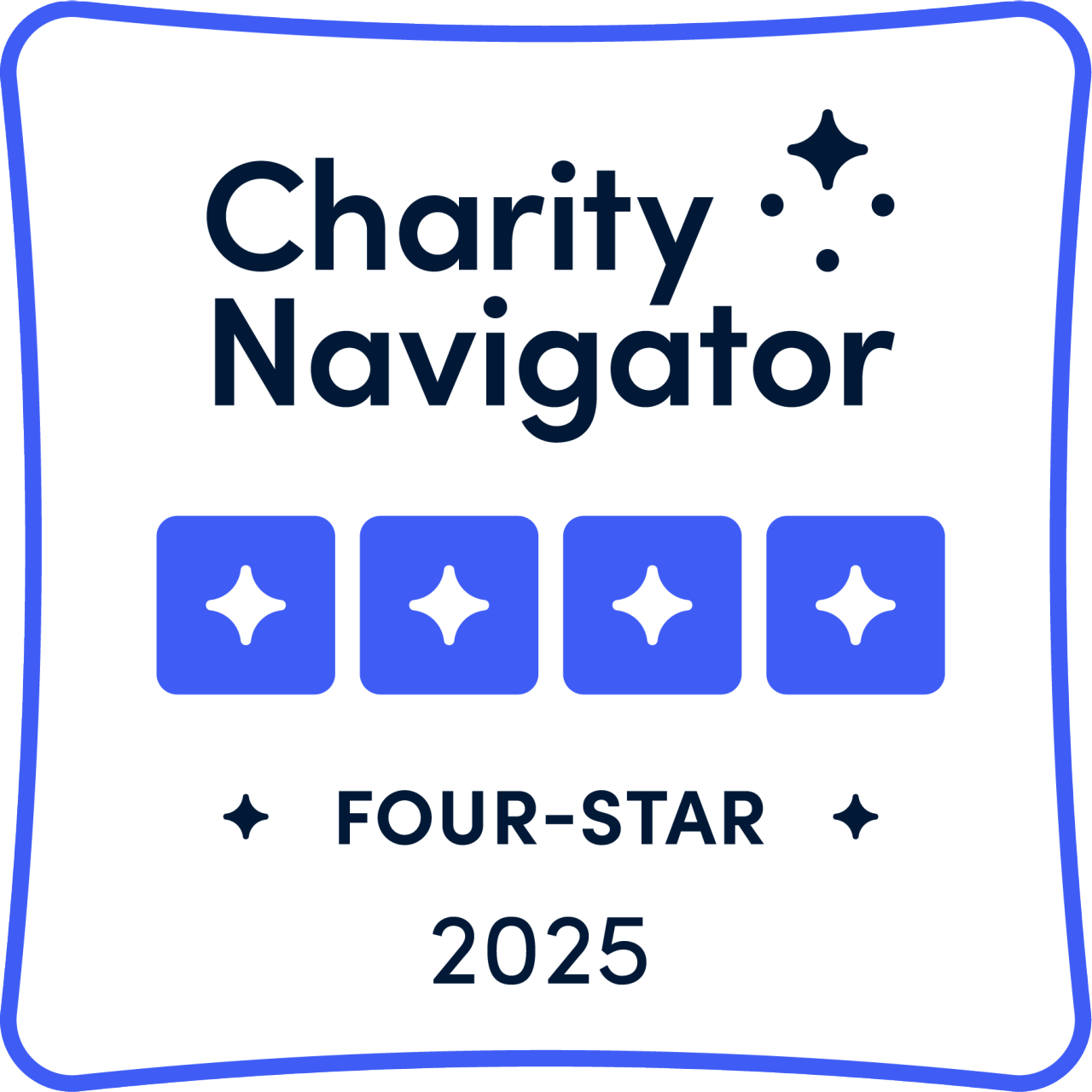2019 Dallas County Scorecard: Education & Equity Insights




Dallas is the least inclusive city in America.
It’s hard to hear. It’s also hard to ignore.
In spite of the fact that the Dallas-Ft. Worth region had the fastest rate of job growth of any major metropolitan area from February 2019-2020, but only 25% of Dallas County young adults (age 25-34) are currently earning a living wage. For Black and Hispanic young adults, it’s just 14%.
This is a situation that has undoubtedly been exacerbated by the coronavirus crisis. But our city’s racial inequity was a pre-existing condition that made us uniquely vulnerable.
For eight years, the Commit Partnership has published an annual report that measures eleven key educational indicators in Dallas County, meant to evaluate the overall health of our local cradle-to-career pathway and align community action to address the greatest gaps in opportunities affecting student achievement.
But our students don’t attend schools in a vacuum, a fact we have been reminded of by the recent uprising against racial injustice. Our city’s concentrated areas of poverty, food insecurity, housing instability, toxic stress and trauma all conspire against a child’s ability to thrive. Our educational outcomes, upon which our entire economy is reliant, are the result of a constellation of issues that have to be attacked holistically and systemically if we want to succeed.
Moreover, we know that arbitrary distinctions between cities and school districts don’t mean nearly as much to our students and parents as the ability to receive an excellent and equitable education that leads to success in college and career.
That’s why we’ve chosen to take a closer look at select educational outcomes by race, socioeconomic status, and English language ability, where data allows us to disaggregate. We’ve also chosen to highlight the disparate impacts of disciplinary policy, a key contributor to the school-to-prison pipeline.
That’s also why, this year, we’ve broadened the reach of our “Dallas County Scorecard” to include a feature on the Leadership Academy at Forest Oak, a school that has utilized and expanded upon the Accelerating Campus Excellence, or ACE, model first developed in Dallas.
Legendary athlete Kareem Abdul-Jabbar said, “Racism in America is like dust in the air. It seems invisible—even if you’re choking on it—until you let the sun in. Then you see it’s everywhere. As long as we keep shining that light, we have a chance of cleaning it wherever it lands.” We hope that the data contained herein can act as a ray of light, shining upon the progress we’ve made and the “cleaning” that still must be done.
Creating an inclusive, equitable and prosperous region where race, place and socioeconomic status no longer predicts educational and economic attainment should be the goal of every person living in Dallas County. We look forward to working with all of you, regardless of your background or life experiences, in making that goal a true reality.
Together, we can make the least inclusive city in America a model of equity for the world.
With hope for the future!
Dottie Smith
President, The Commit Partnership









.avif)